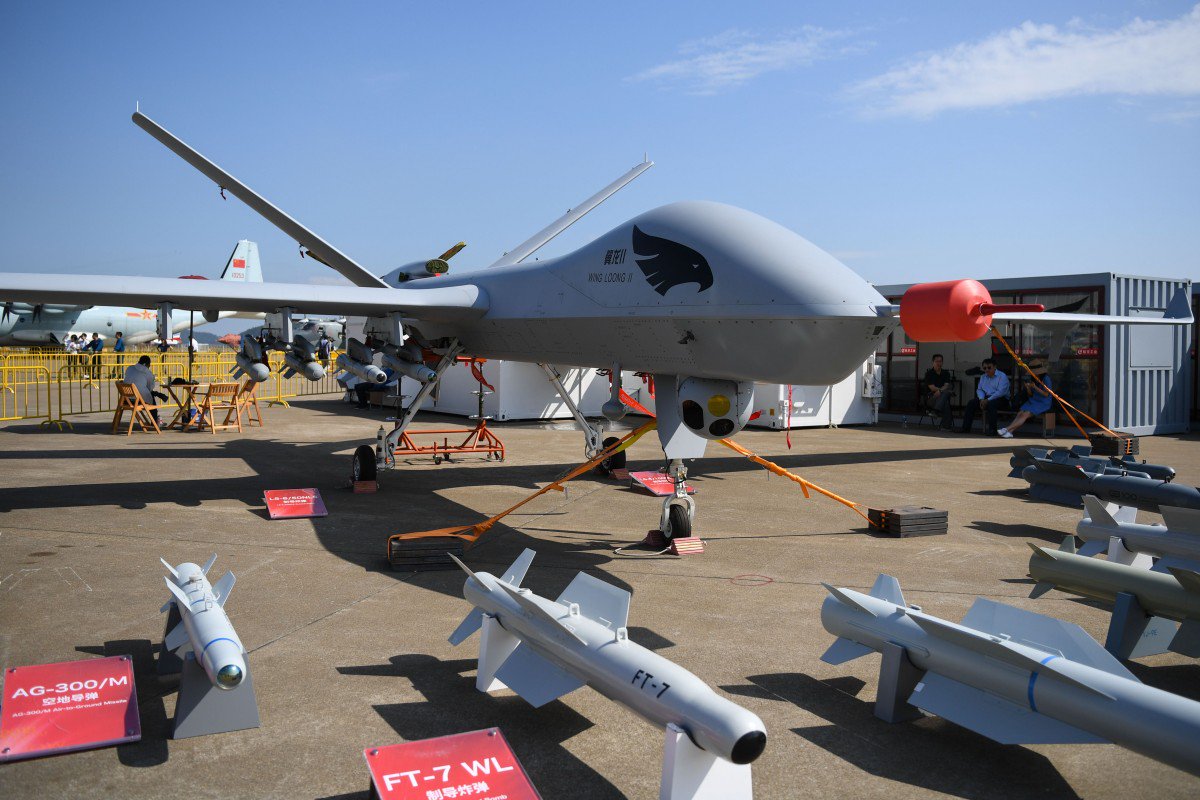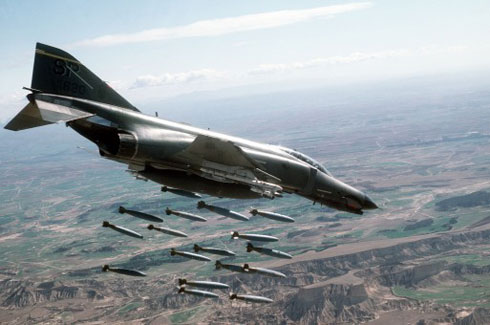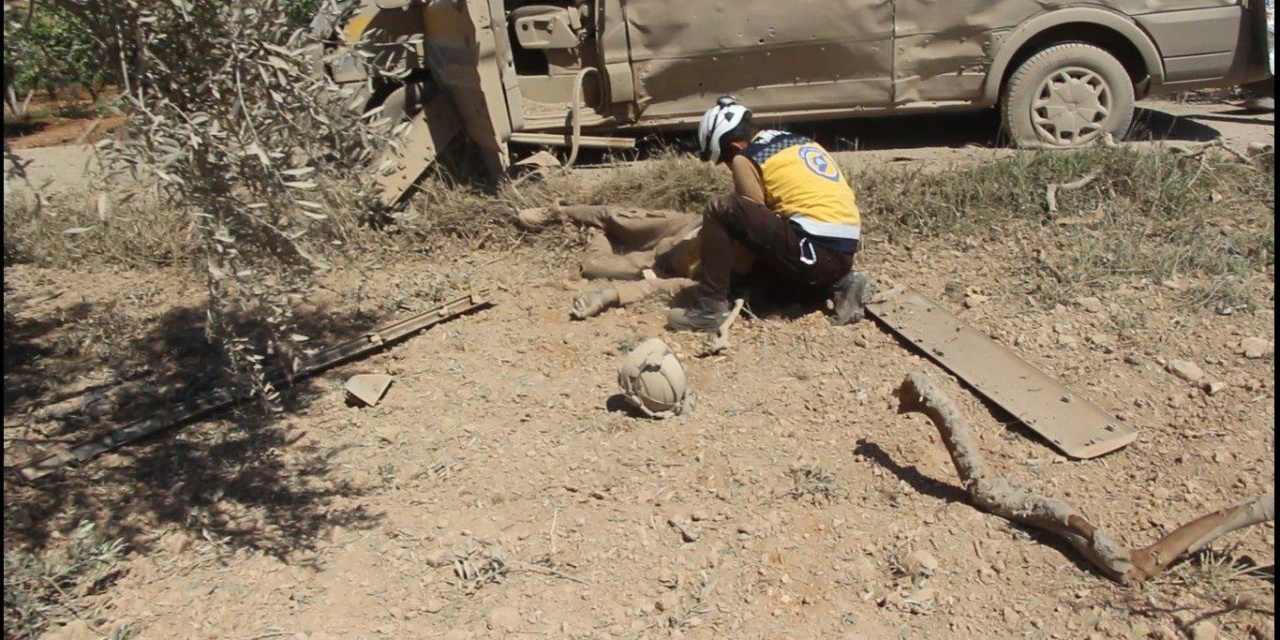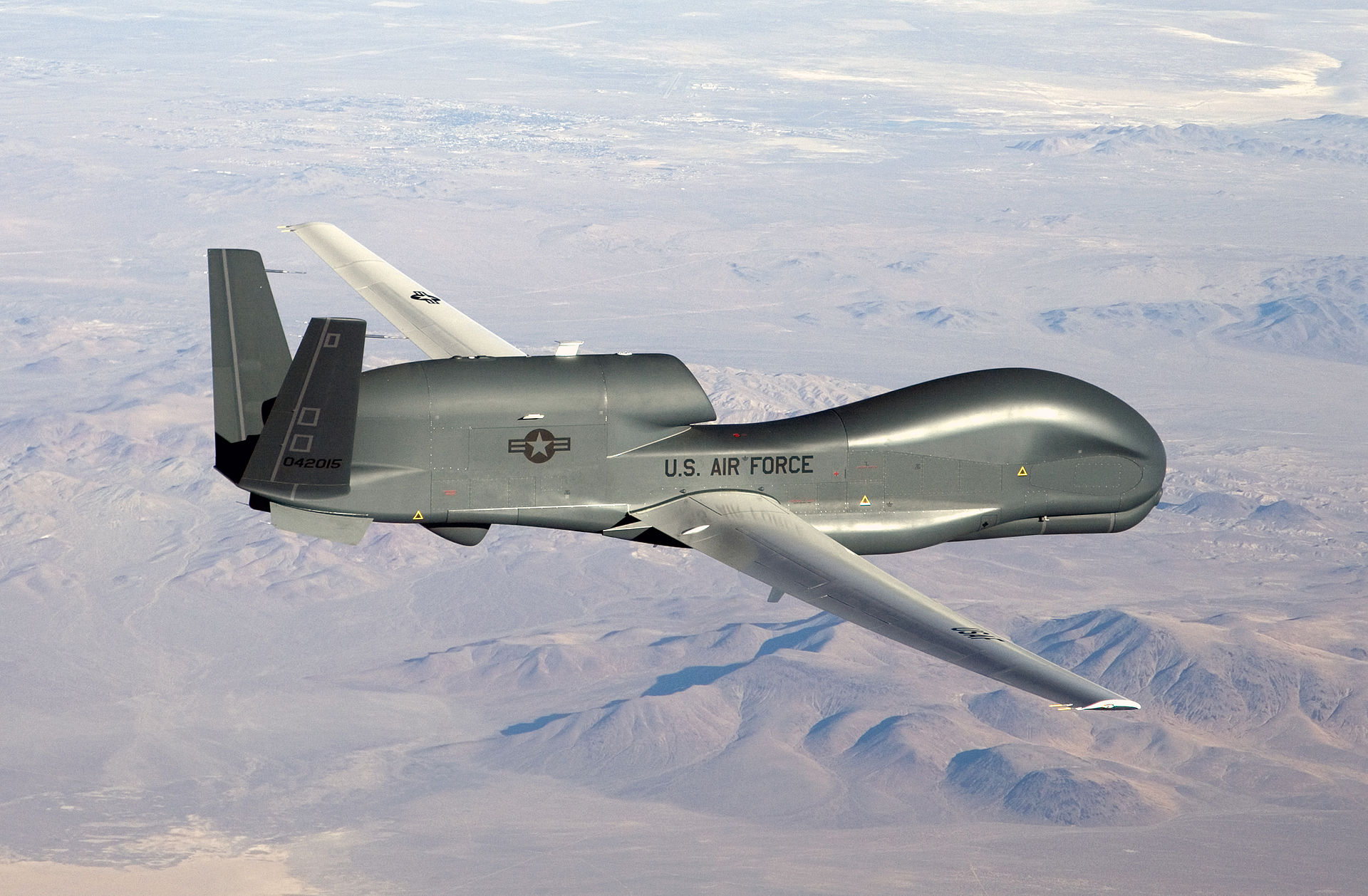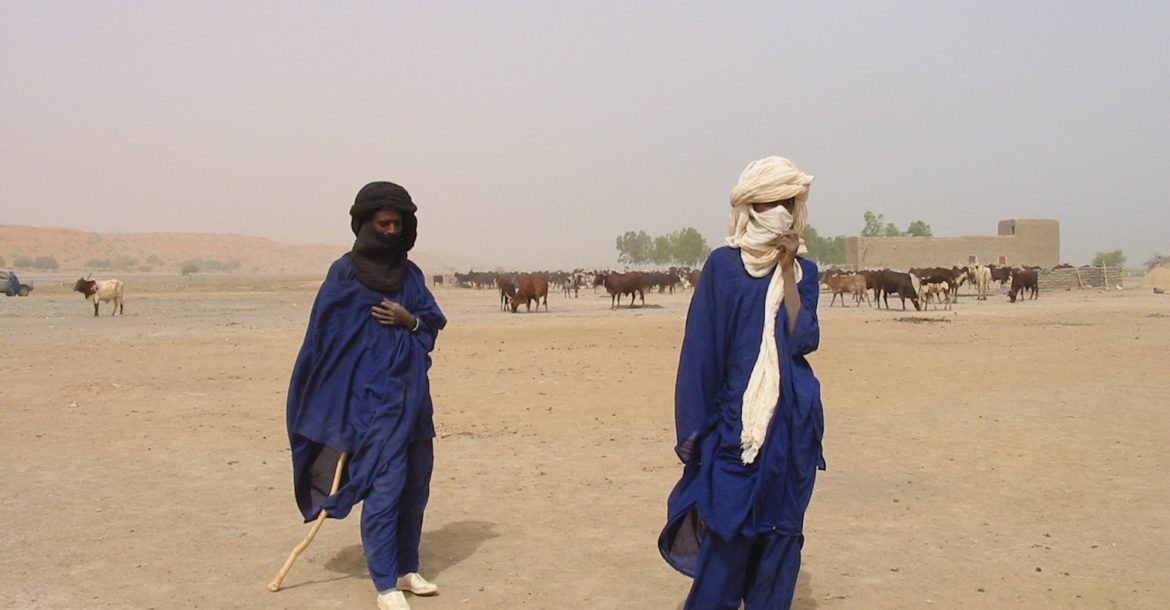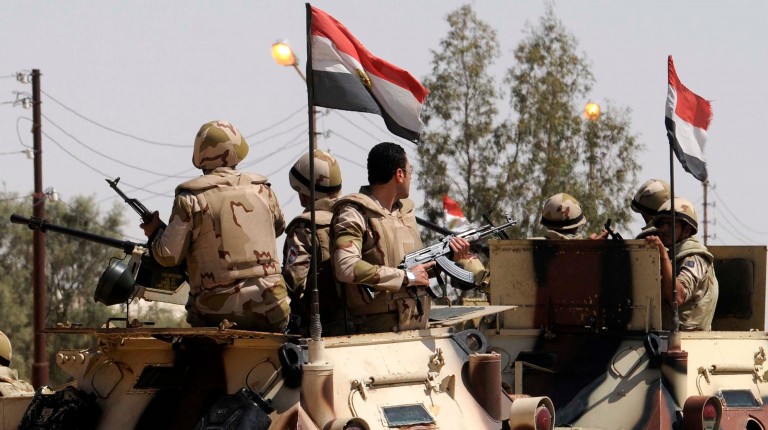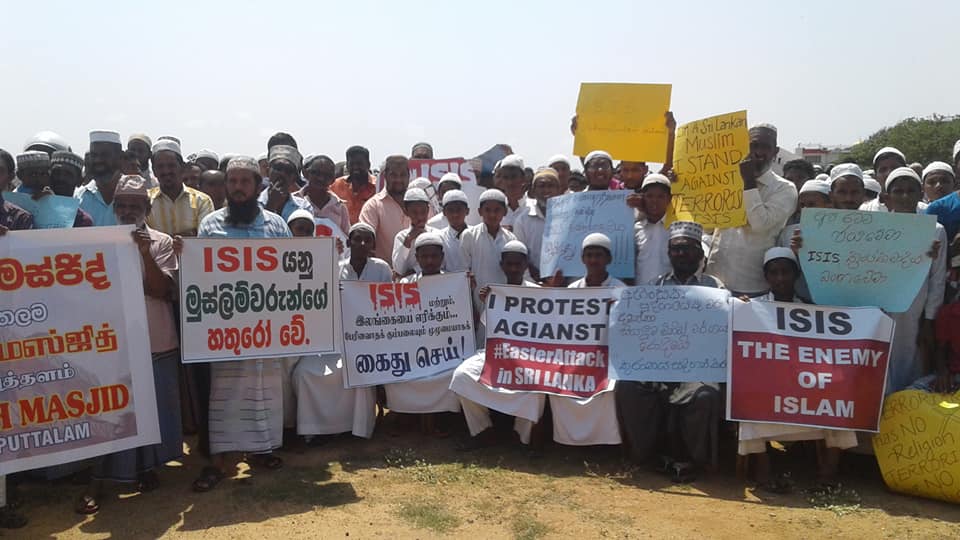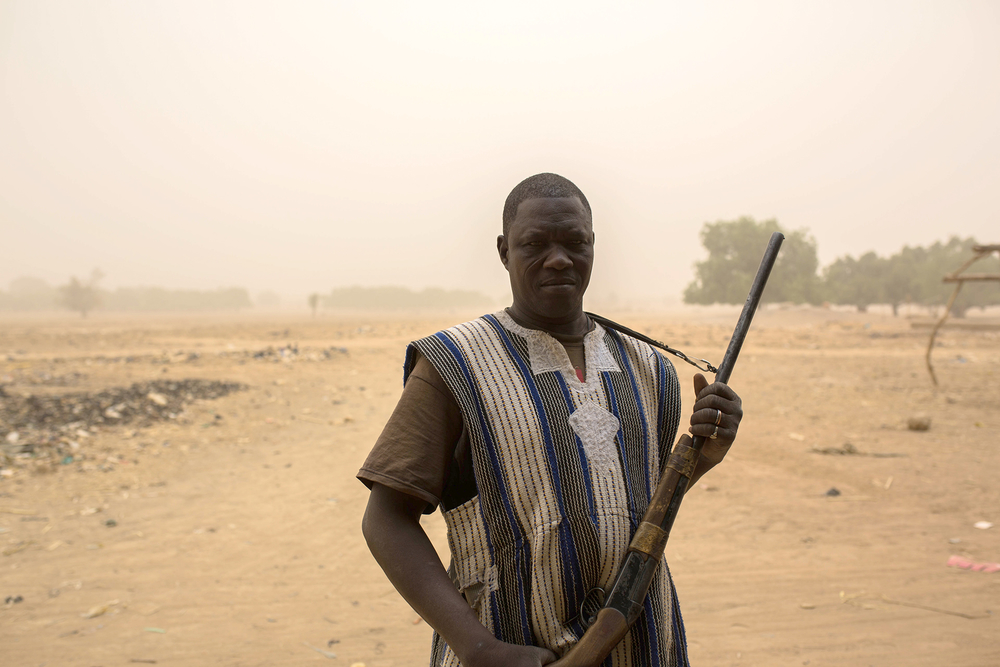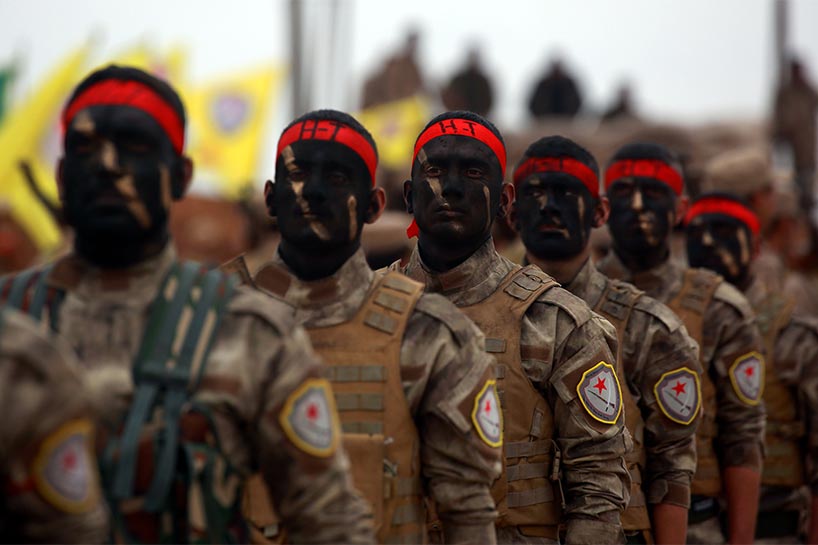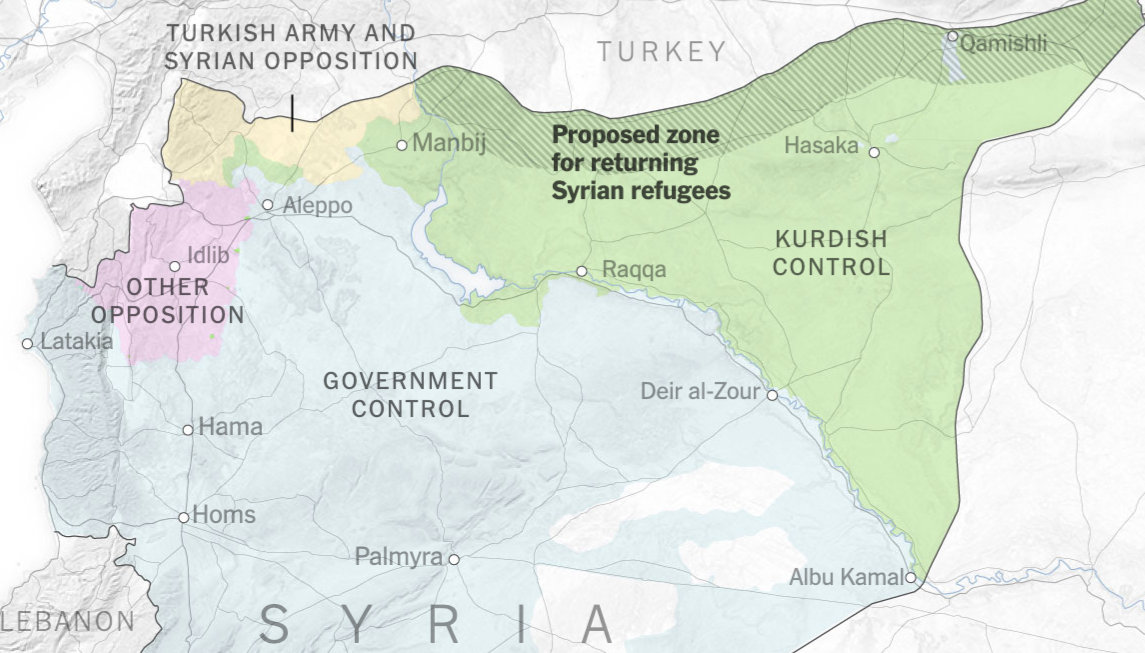
Turkey prepares ‘humanitarian’ genocide of Kurds
Turkey launched its assault on the Kurdish autonomous zone in northern Syria, with air-strikes and artillery pounding areas along the Syrian-Turkish border. Hundreds of civilians have fled the bombardment, headed south into areas still held by Kurdish forces. President Recep Tayyip Erdogan is cloaking this aggression in the guise of a “safe zone” for refugees, a humanitarian operation. In reality, Erdogan is exploiting the refugees as demographic cannon fodder, using them to populate areas Kurds are now to be displaced from, creating a new class of refugees, pitting Arabs against Kurds, and establishing the conditions for potentially generations of Arab-Kurdish ethnic war in northern Syria. (Map: Genocide Watch)



